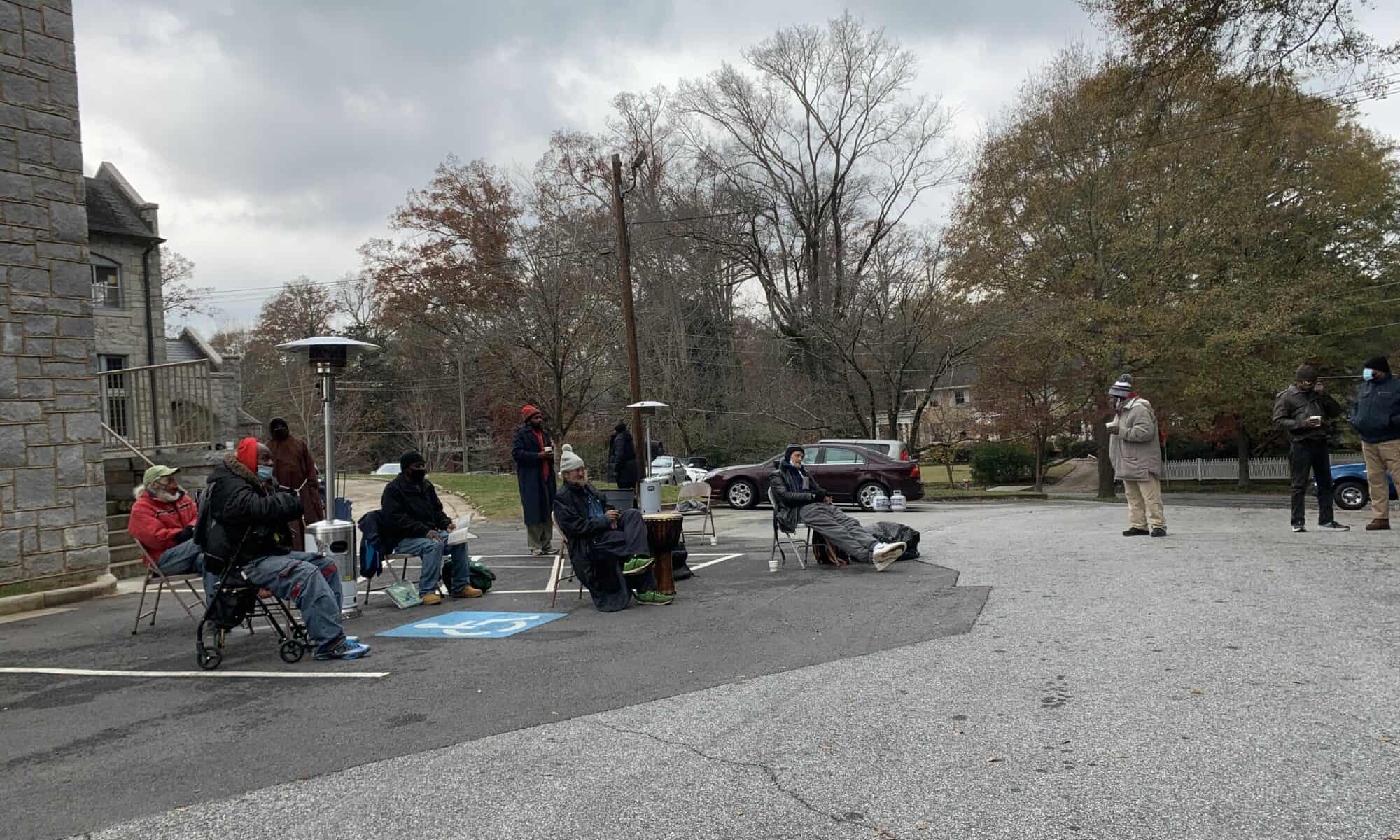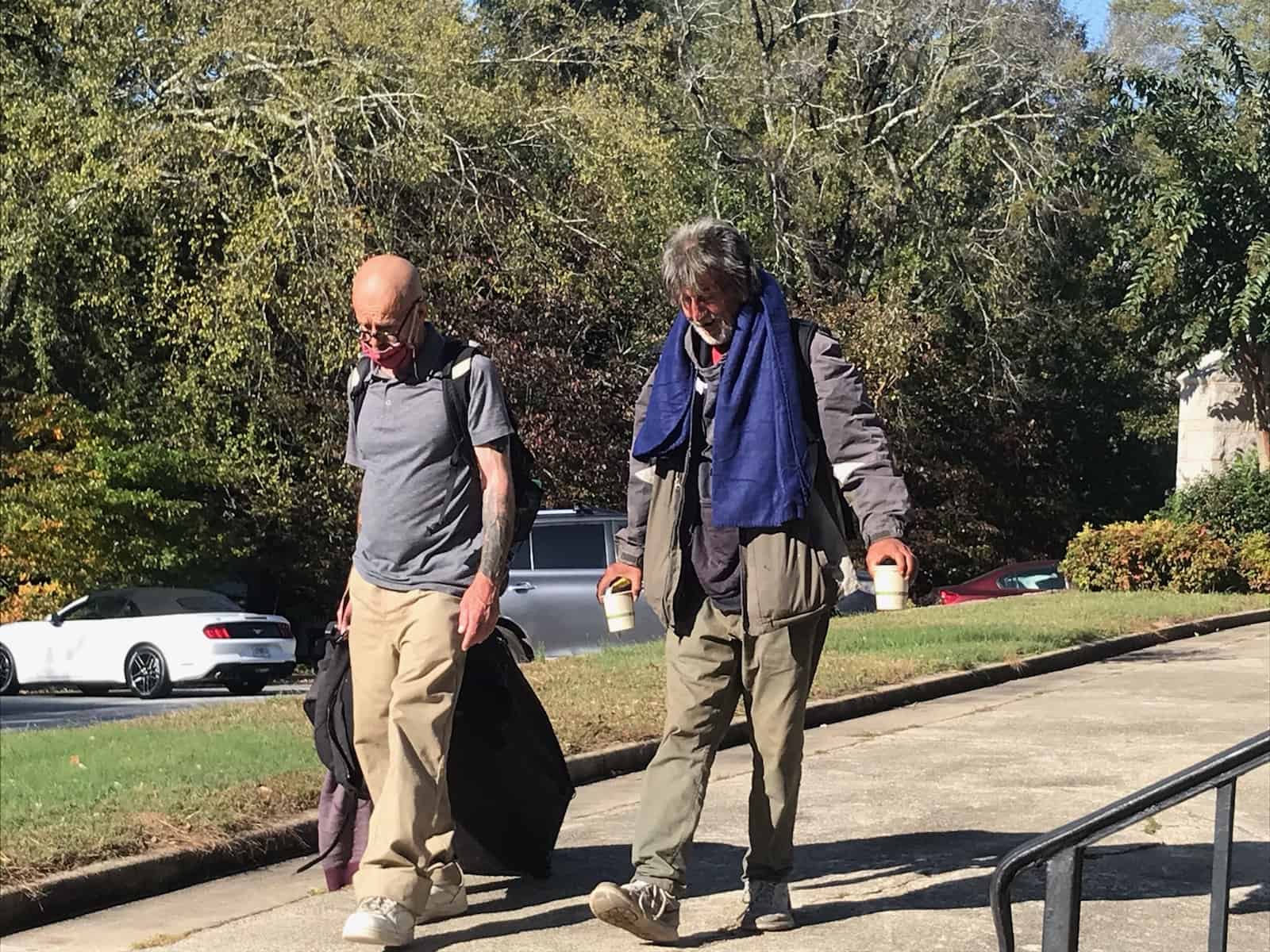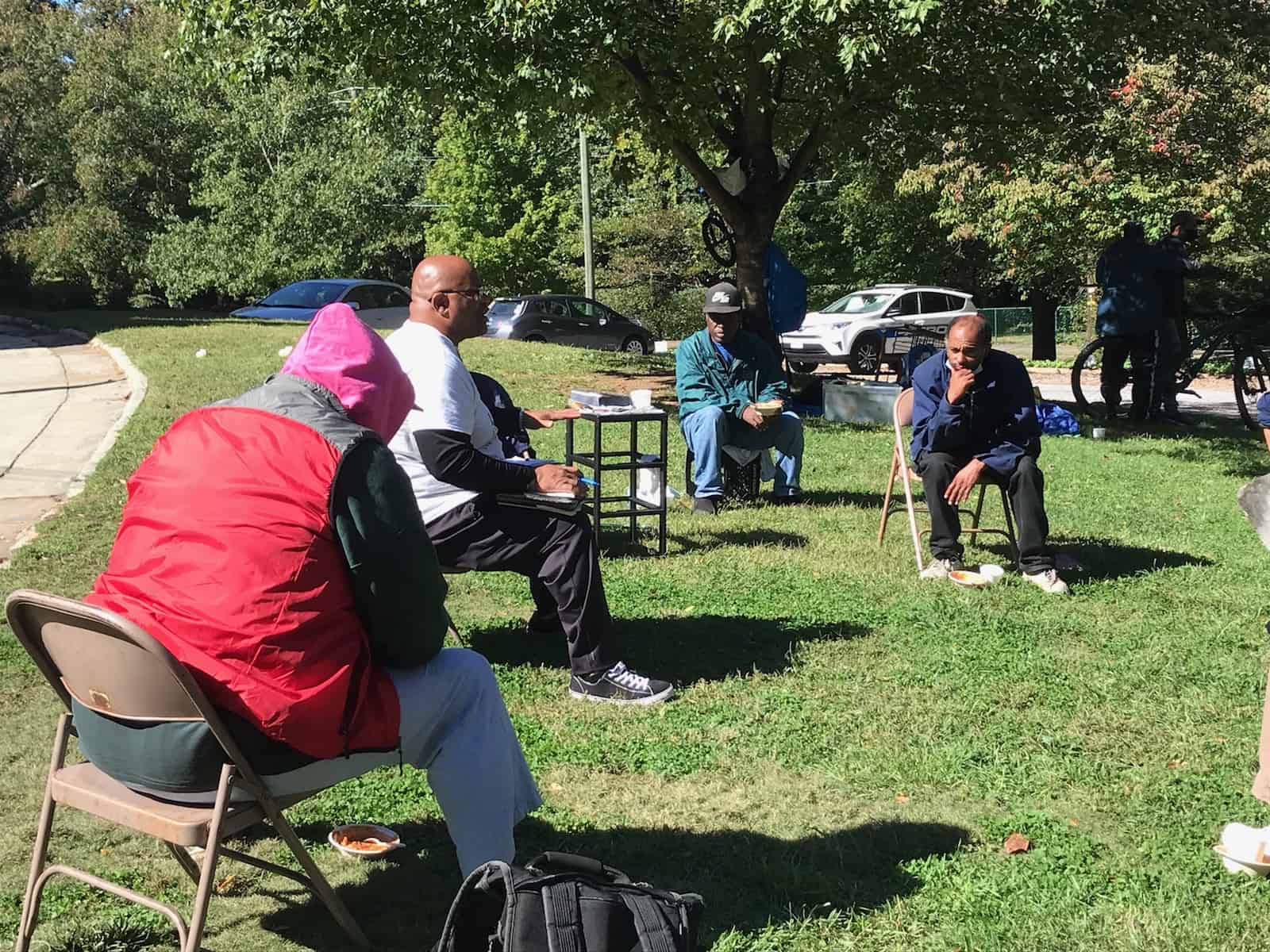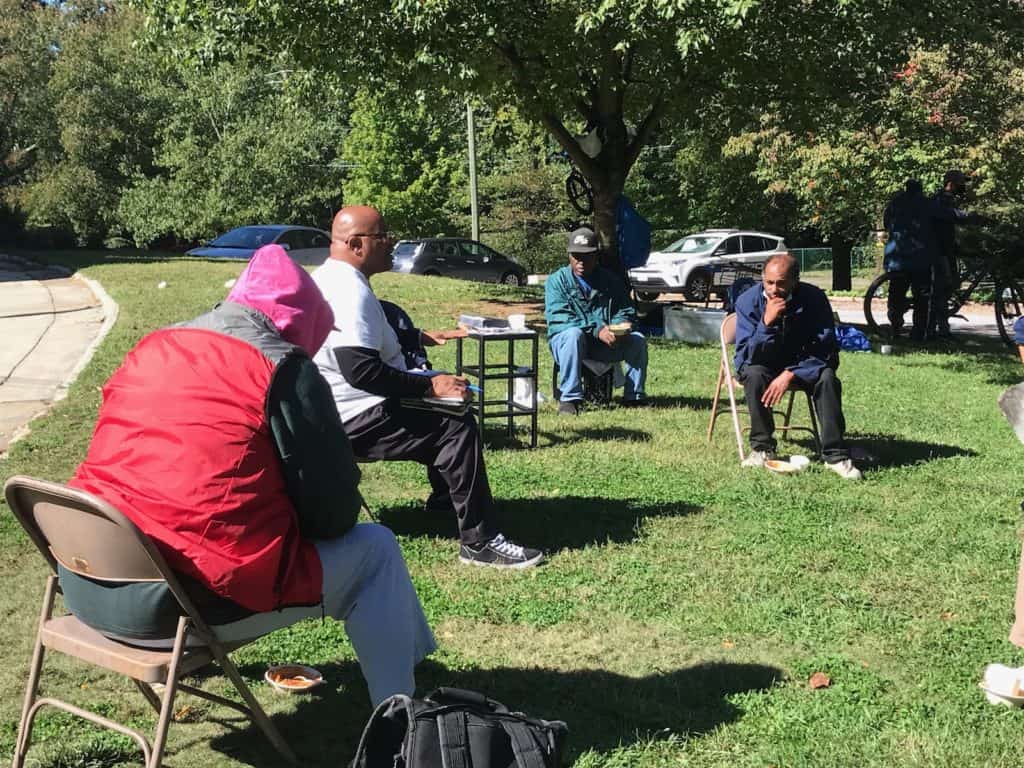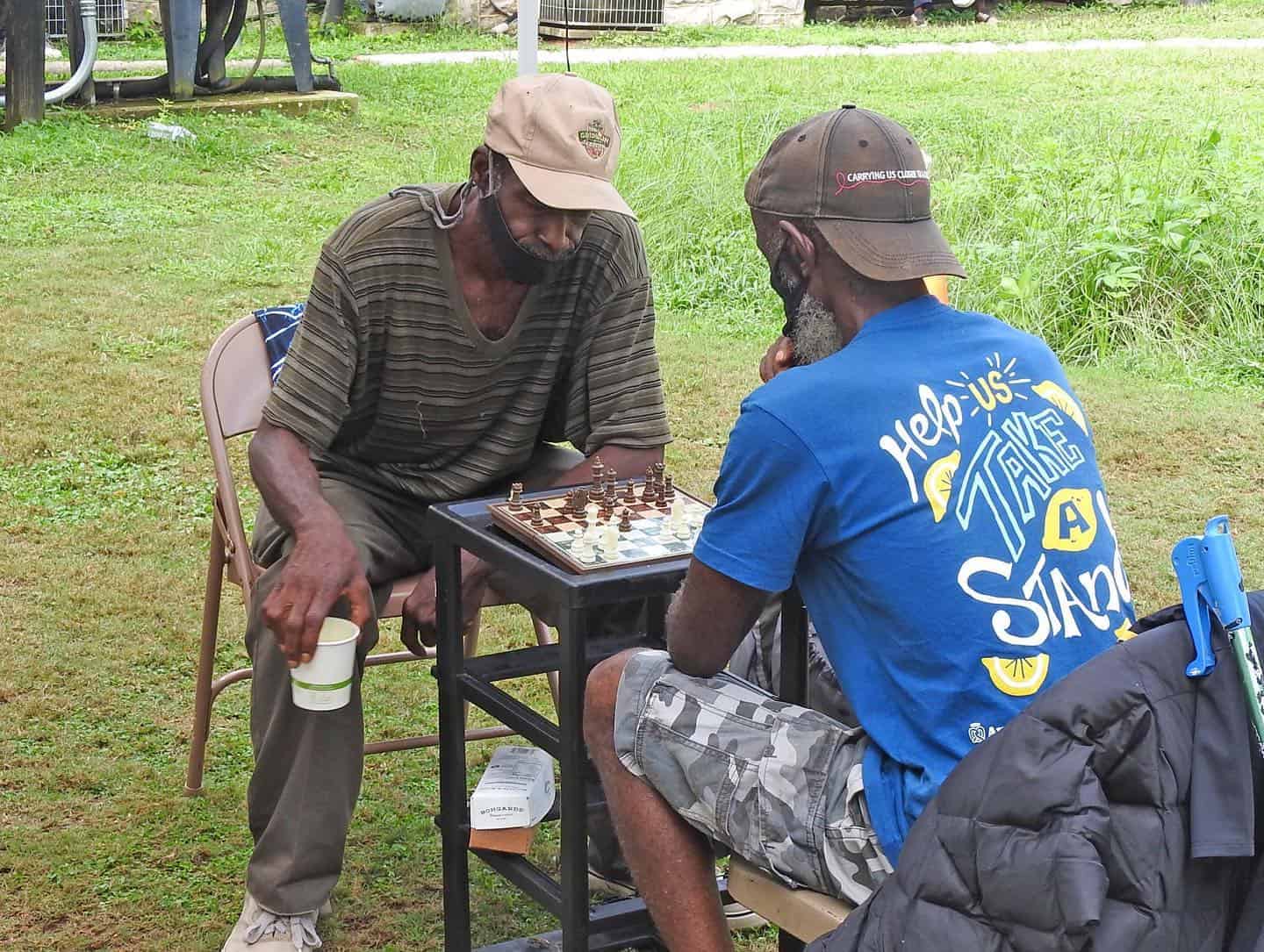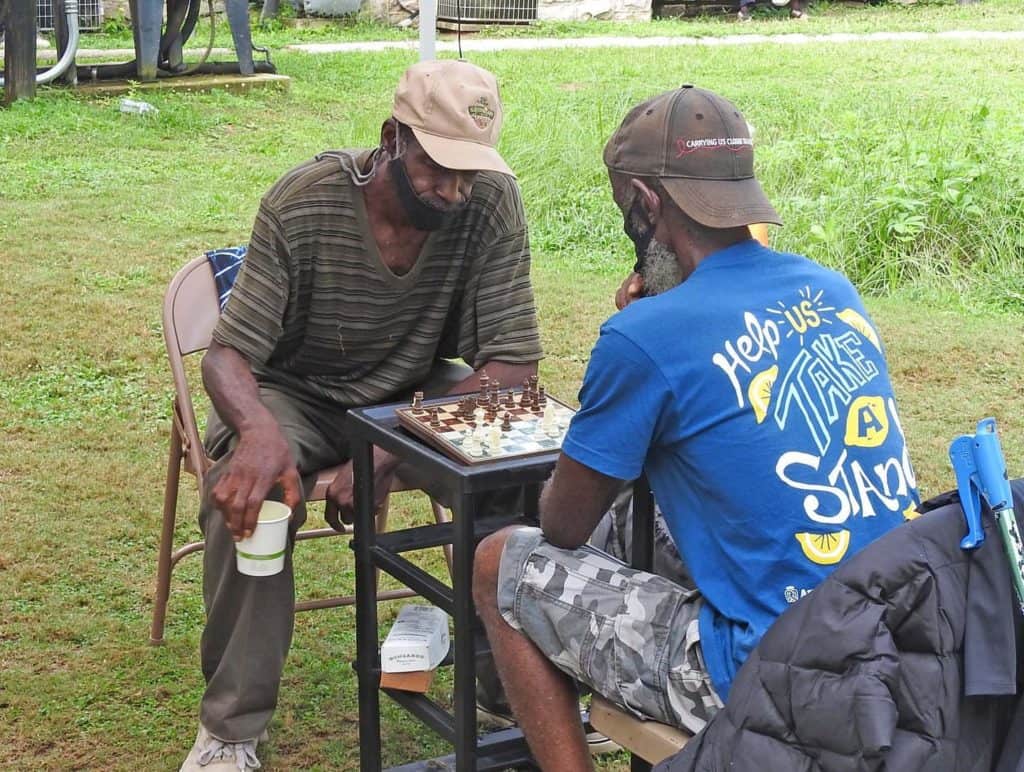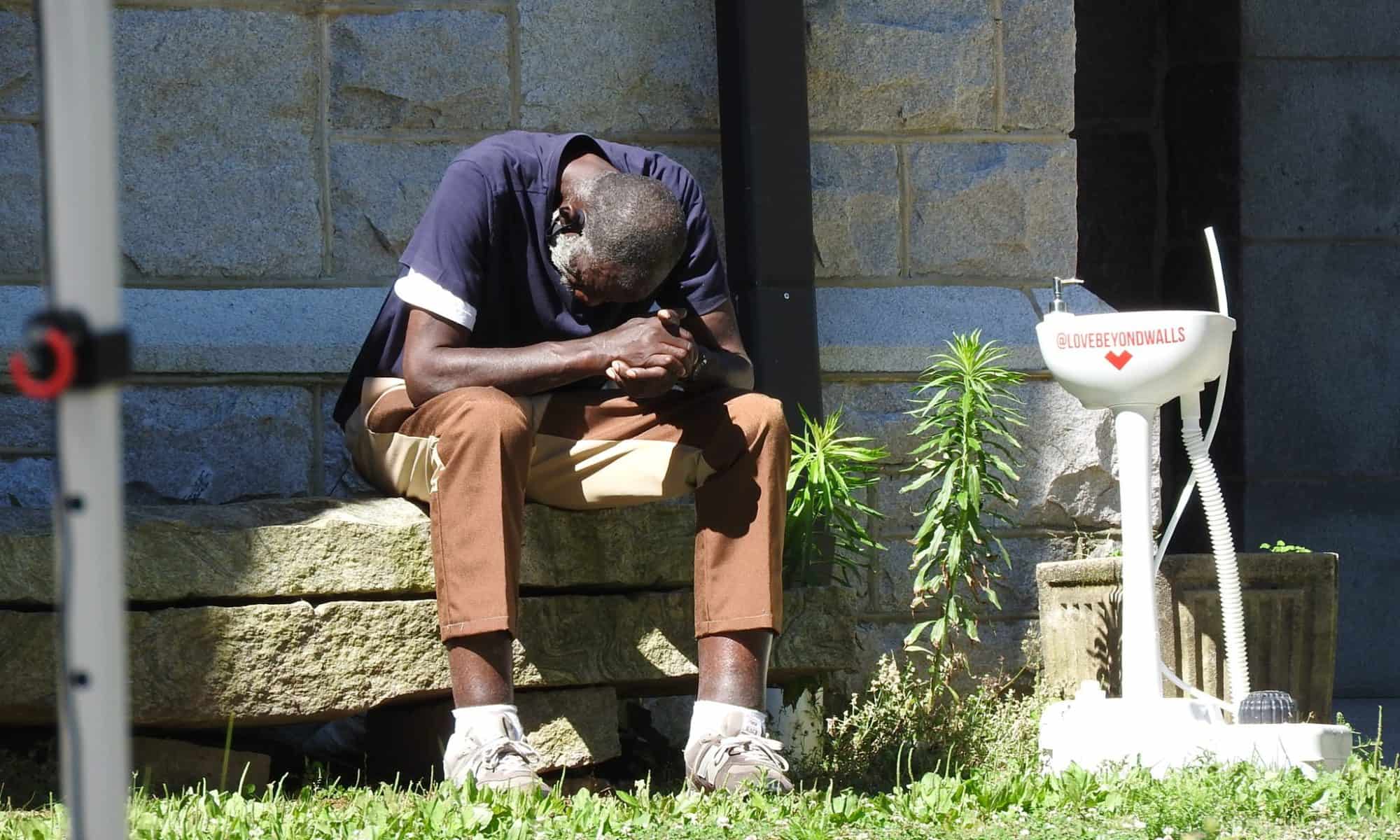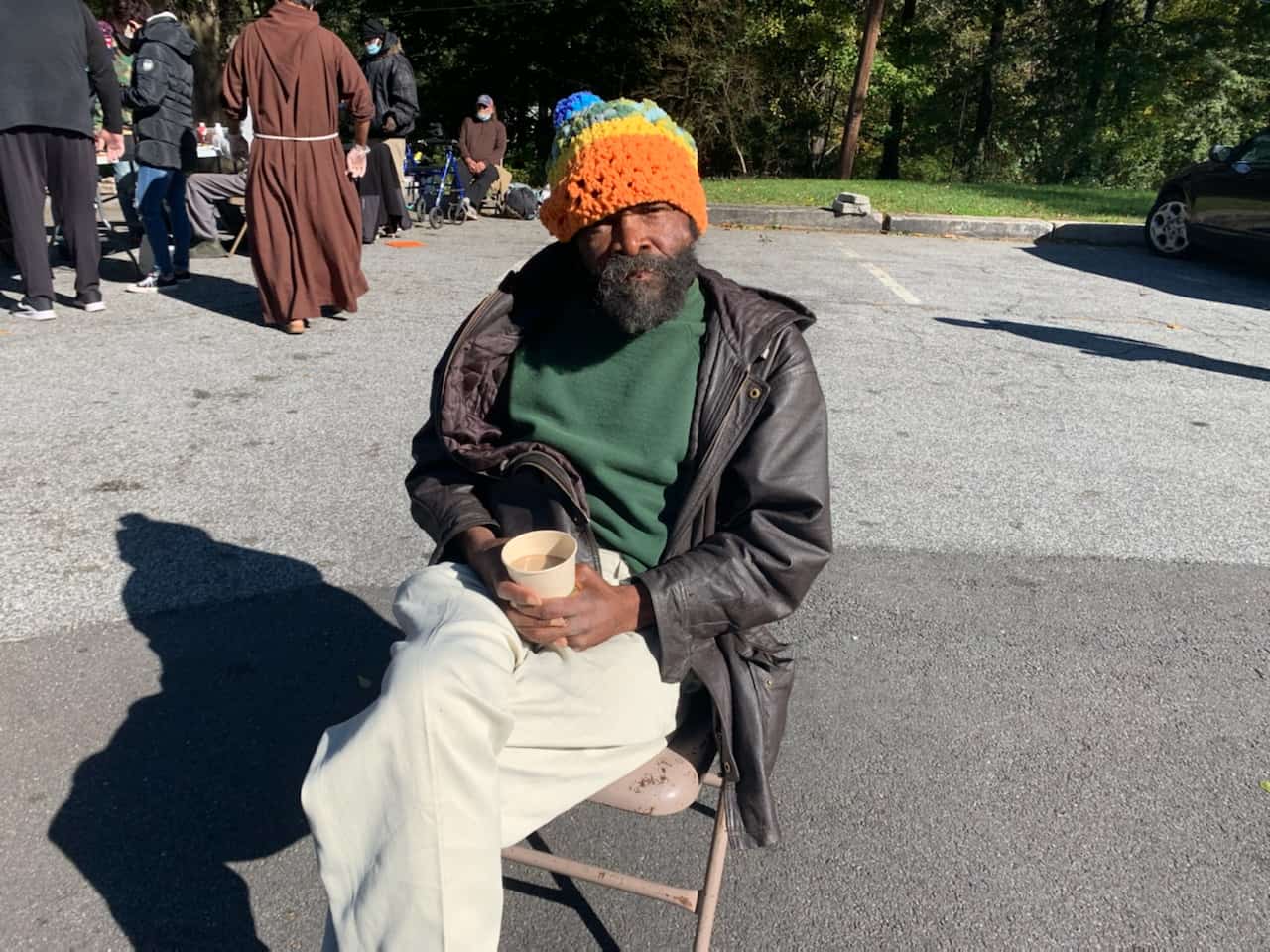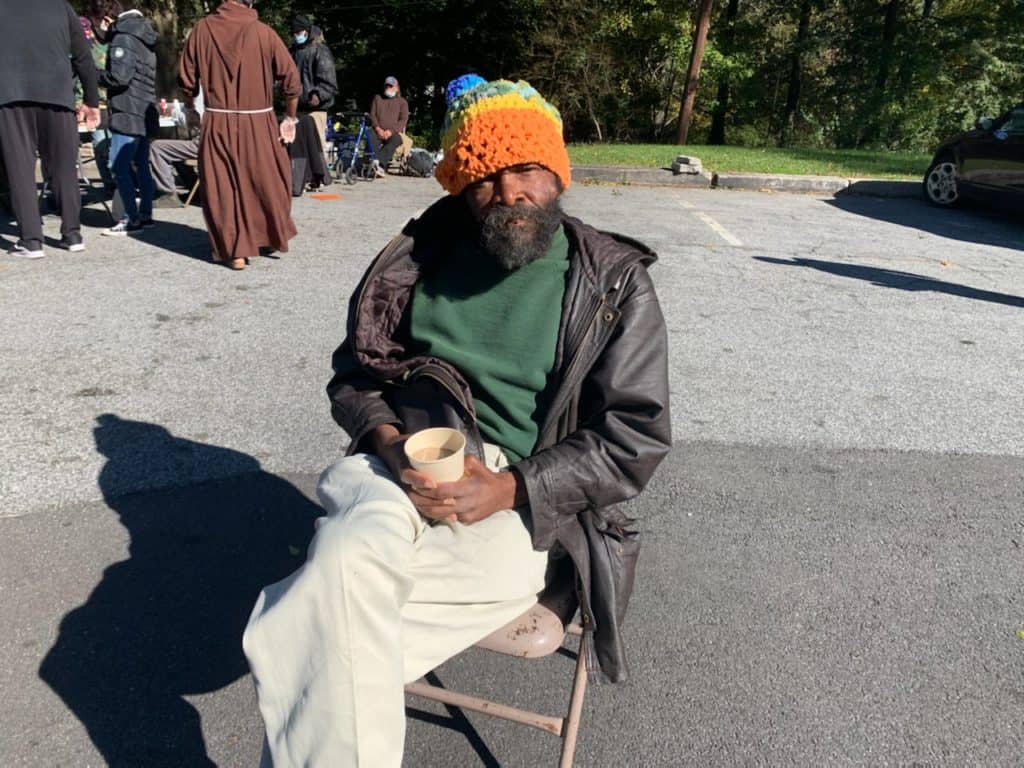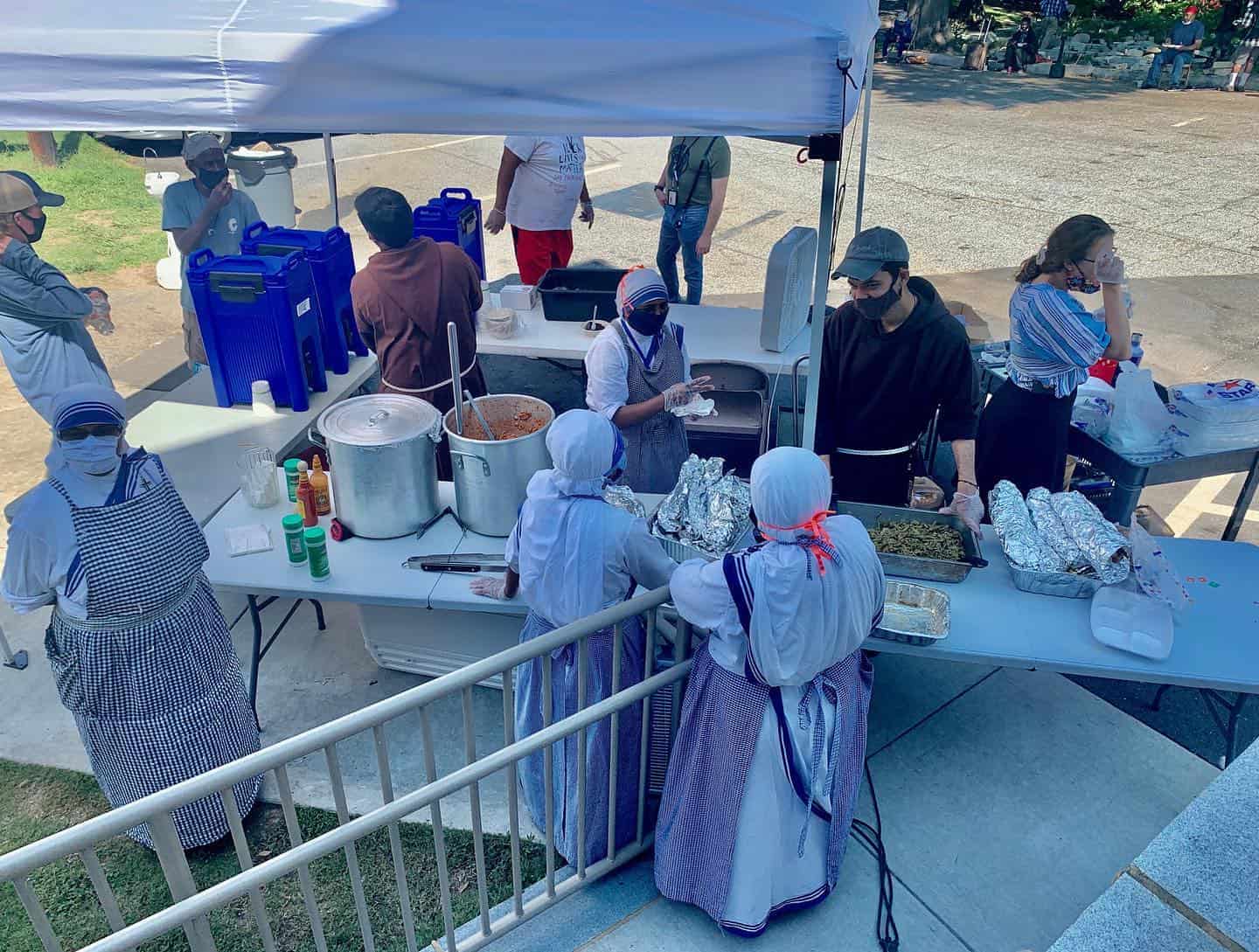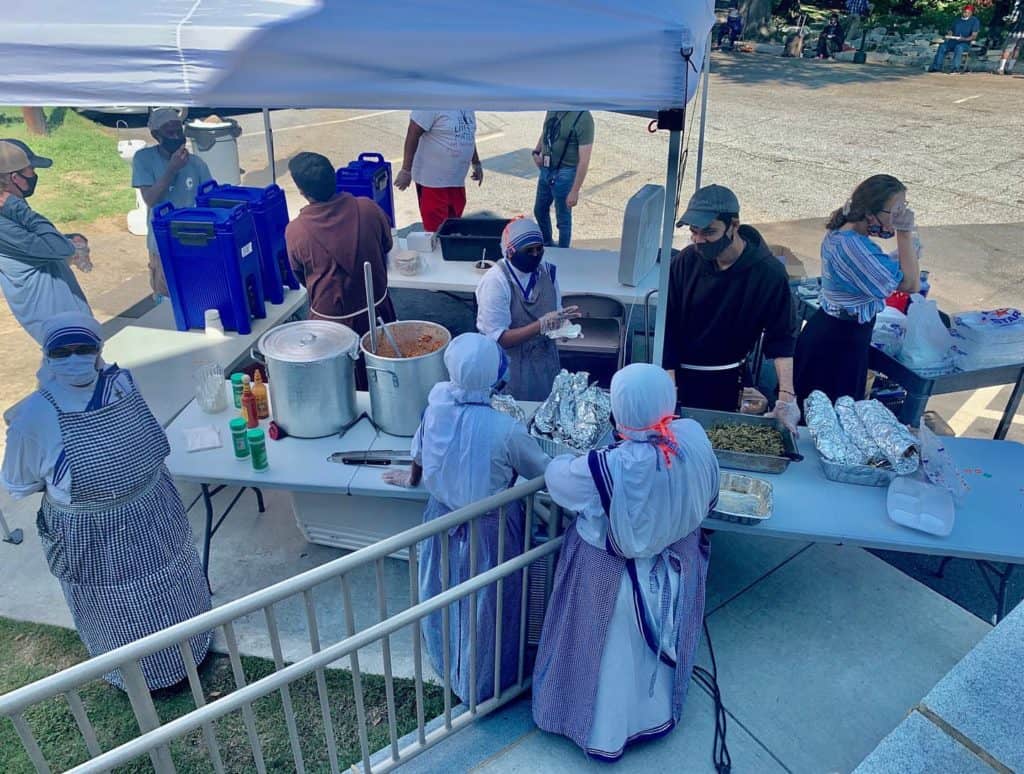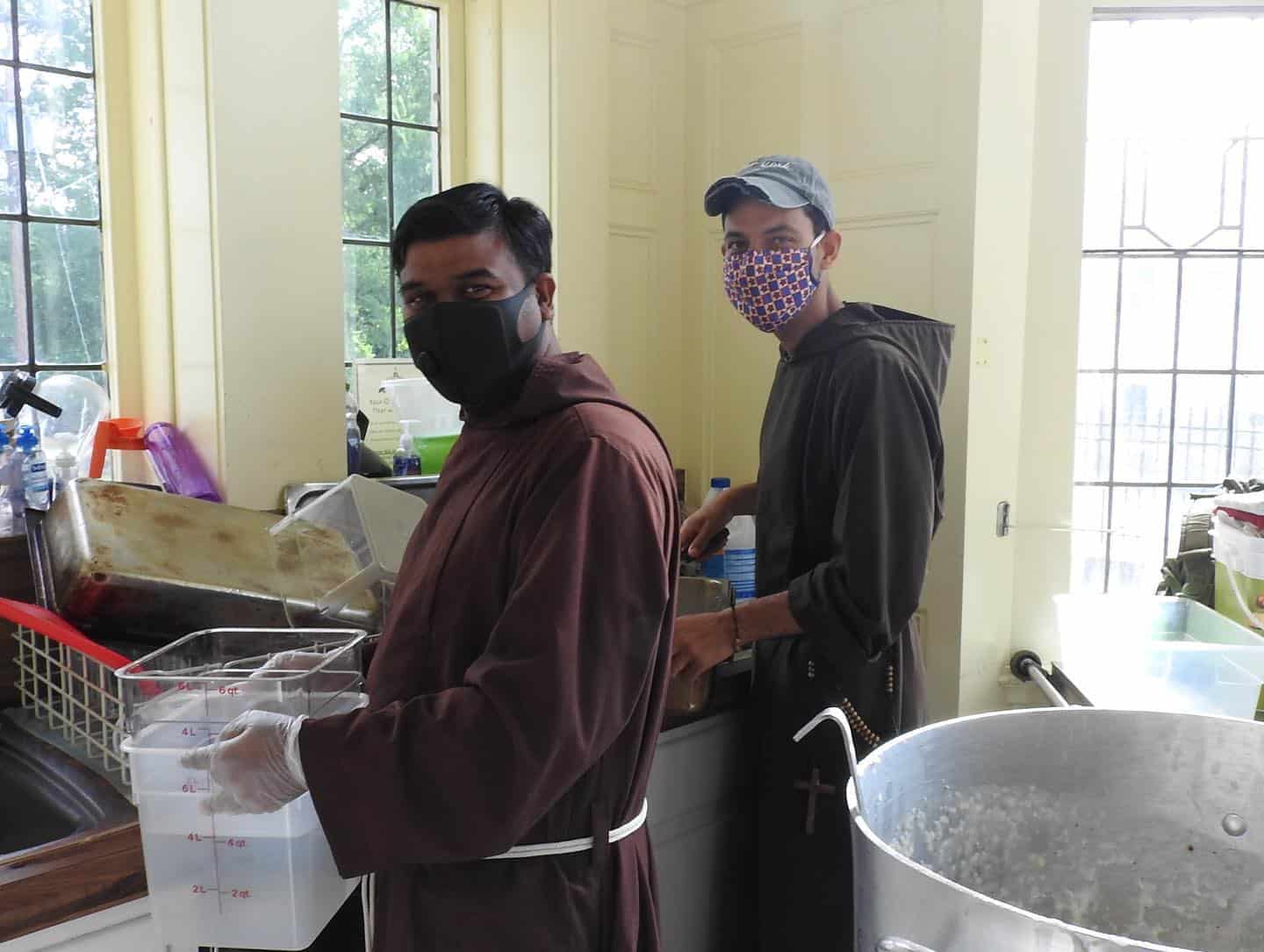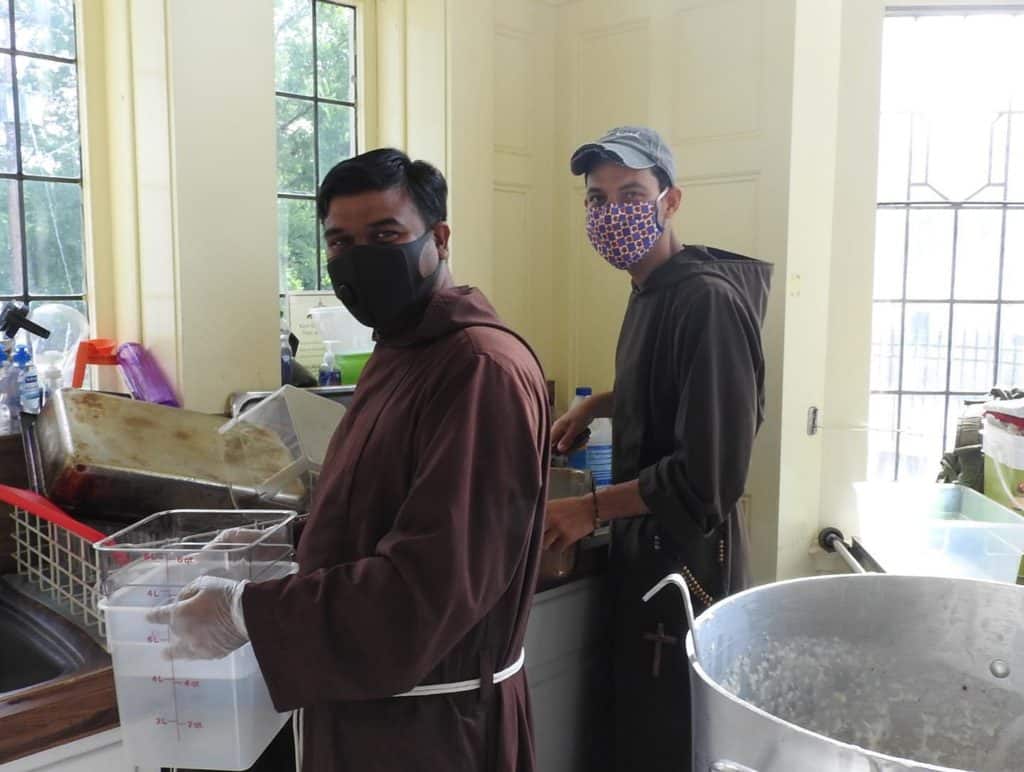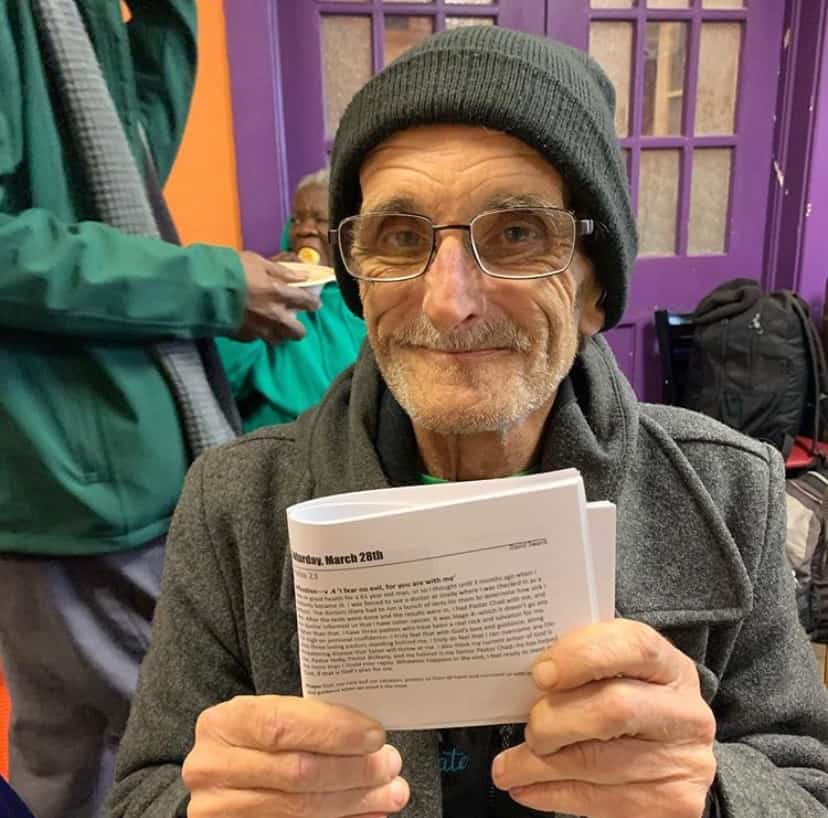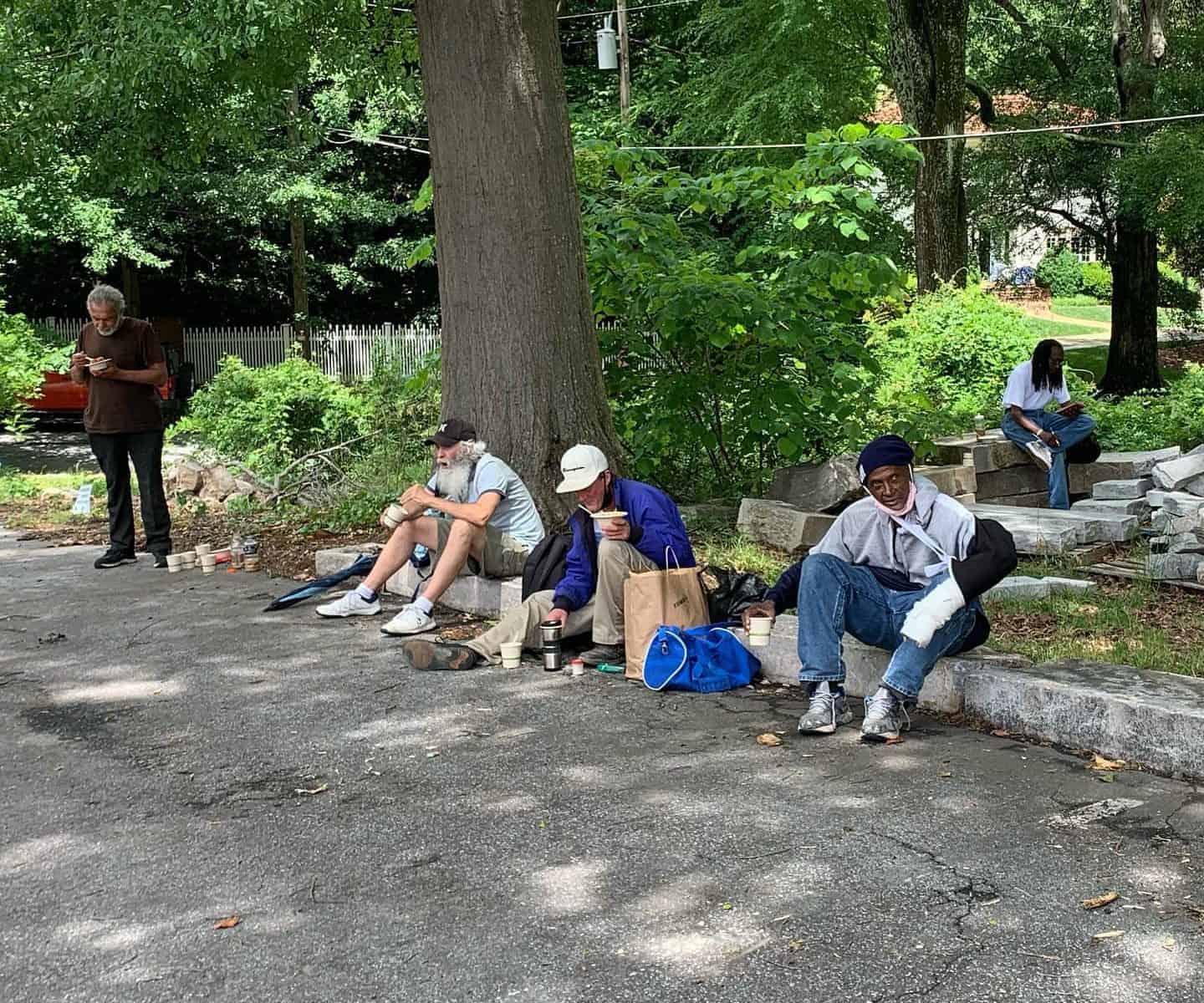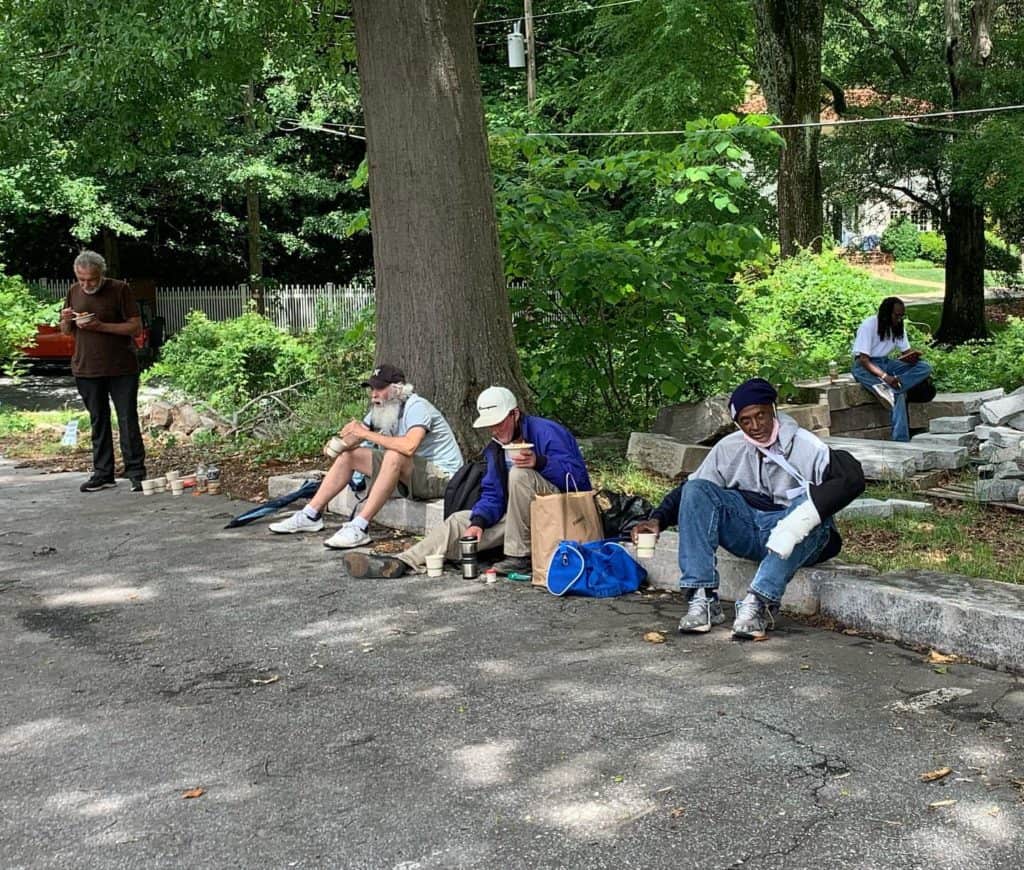Author: Holly Reimer
John 1:6-8, 19-28
Reflection: v. 26, ‘Someone greater stands among you, whom you don’t recognize’
Greatness often gets mistaken for power and privilege. This has not changed. The Pharisees and Sadducees are particularly thrown by John’s words because they are concerned with their own power and privilege, and concerned for what Jesus might do to upset one or both. We are living in a world and a culture that tells us we are great when we reach that promotion, buy that new house, have a certain amount in our bank accounts, and can name a litany of things we possess. Those who would later have Jesus killed, missed the true greatness that was among them. They were blind from a fear of what-ifs, insecurities, and egoism. As a community, we believe that God is present among us. Christ was present with the poor and the marginalized. This is not simply why we believe God is present among us, but rather it reflects the faithfulness by which we engage one another as beloved children, as reflections of the one who created us. And yet, there are those who cannot see the beauty in our gathering, in the beauty of my brothers and sisters. Even now we are currently experiencing resistance to our gathering as a community. God is present, and yet there are those who can’t see it and who refuse to see God present with us. The concern and what-ifs can rob us of the chance to see something rich and beautiful. We can become afraid that a small, faithful, ecumenical community will rise up against us and rob us, both literally and figuratively, of all the power and privilege we believe makes us great. Greatness is not present in power that oppresses but in a power that liberates the oppressed. This is the greatness John spoke of as he witnessed to Jesus. Beloved brothers and sisters, we can find ourselves on a dangerous precipice that will cause us to miss the greatness of God. May we humble ourselves, allowing ourselves to be vulnerable and present to something we could never fathom.
Prayer Humble us, Lord, to see you in the most unexpected places and spaces. Amen.

